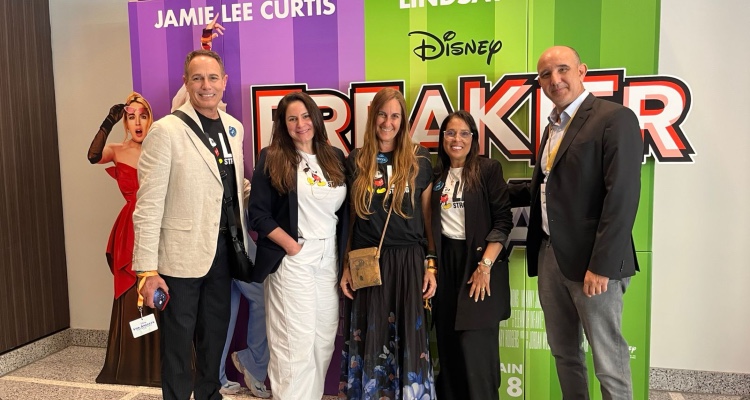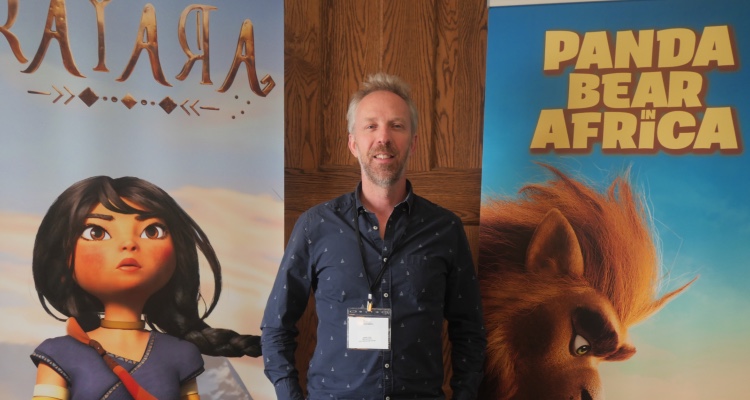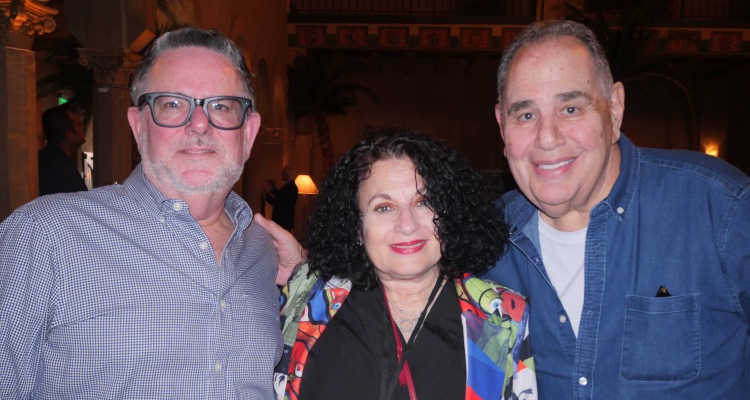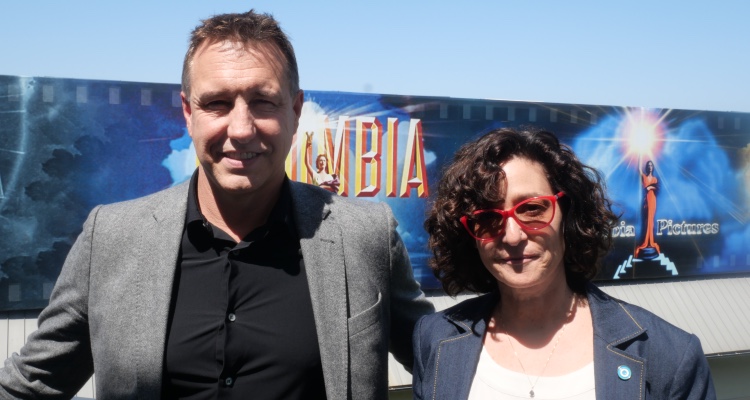Climate change is one of the greatest global threats, and its impact not only affects the environment, but also future generations. In this context, the panel ‘A brighter future: uniting the children’s media industry in climate literacy’ held at the Kidscreen Summit 2025, addressed how media can play a crucial role in the environmental education of young people.
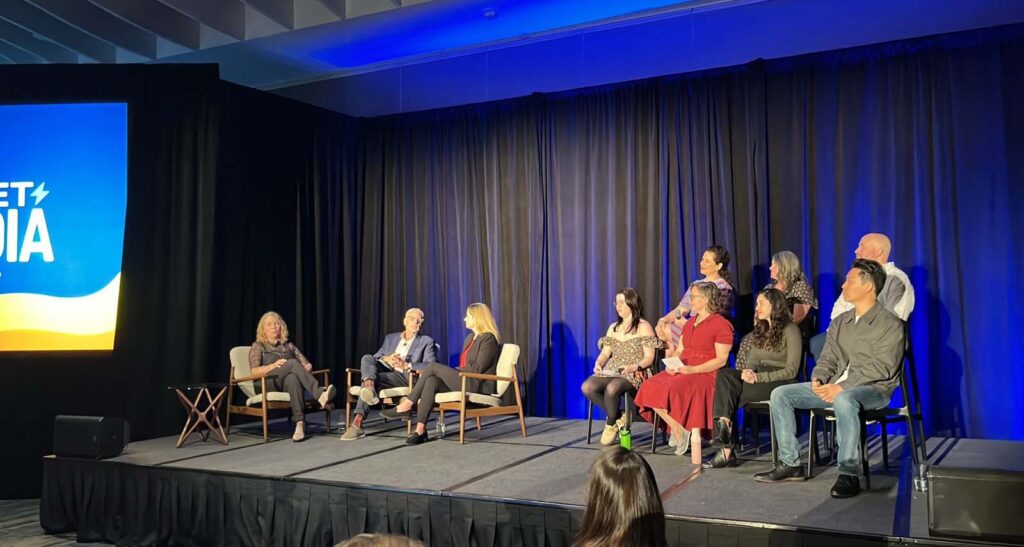
Under the moderation of Amy Friedman, founder and president of Redhead Consulting, media and education experts gathered to discuss how to mobilize the sector to promote greater awareness of climate change.
Laura Schifter, Senior Fellow at the Aspen Institute and founder of Planet Media, kicked off the panel by explaining the four fundamental principles that all children need to understand in order to address the challenges of climate change. According to Schifter, these principles include understanding that the Earth is our home, the importance of the atmosphere, the human impact on climate, and the collective ability to generate solutions. ‘Climate literacy drives action,’ Schifter said, adding that education is key to avoiding the growing ecological anxiety that children feel as they face an uncertain future.
The panel also served to present a number of new projects that integrate these principles into visual content aimed at young people. These projects, highlighted by Planet Media Award winners Livia Beasley, Meredith Halpern-Razner and Susie Jaramillo, offered a glimpse into how the industry is developing content that teaches children about climate change in an accessible and entertaining way.
Gary Knell, senior media and social impact consultant, reflected on the power of media to educate and raise awareness. Knell, who has an extensive background at Sesame Workshop, highlighted how media has the ability to teach both basic and complex concepts, and how climate change should be an educational priority. ‘It’s not a question of whether television teaches us, but what it teaches us,’ said Knell, stressing that media can be a powerful tool to prepare children for a more sustainable future.
The panel also discussed the challenges of addressing climate change with young audiences. Colleen Russo Johnson, VP of cultural and digital perspectives at Supremo, acknowledged that addressing this issue with children can be difficult, but stressed the importance of doing so. ‘There are so many barriers to talking about climate change,’ Russo said, but Planet Media’s Storytellers Climate Toolkit is a tool designed to make the topic more accessible to content creators.
Schifter and his team have been working on such resources for years, and the creation of the Storytellers Climate Toolkit is a clear example of how media can offer solutions to address climate change. The toolkit aims to reduce barriers to entry by making the concepts easy to understand and apply in the creation of content for children.
In his speech, Gary Knell emphasized that a focus on children is fundamental to creating lasting change. ‘Every American loves their children. We want our children to live healthy lives and enjoy their childhood,’ he said. According to Knell, the media can be a vehicle for conveying the urgency of climate change, but also for inspiring collective action, which is critical to effectively addressing the issue.
The panel concluded with a strong call to action: content creators have a responsibility to educate new generations and prepare children for the climate challenges of the future. ‘This is the time,’ said Russo. ‘We have an incredible platform and we can use it to make a real difference in children’s lives and, therefore, in the future of the planet.’

